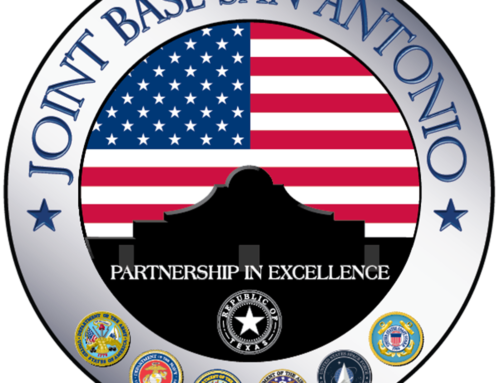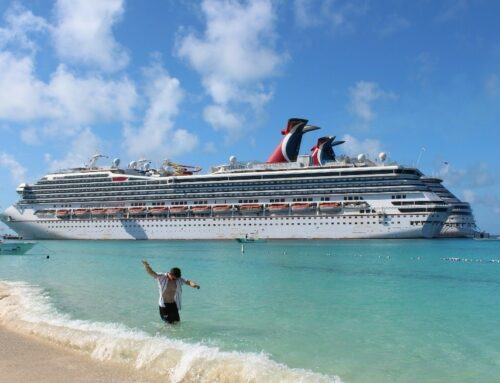Pandemic Lessons: How COVID-19 Has Changed Healthcare in Seafaring Careers

Image Source: Dylan McLeod 2018
As the COVID-19 pandemic approaches two years since its first appearance, the longer-term impact on global public health has never been more apparent. With an unprecedented number of people and vital industries affected, the disruptions and challenges caused by COVID left many industries no choice but to adapt how healthcare is handled in the global community.
With its more complex logistical concerns to consider, the maritime industry was certainly not exempt from this new demand. One major challenge to seafarers and shipping companies is the new pandemic travel restrictions, which often interferes with crew rotation schedules, plus mariner’s access to routine and consistent medical care, as well as causing many delays in communication and arranging for medical care shoreside abroad, if needed.

At the pandemic’s peak, organizations including the United Nation’s International Maritime Organization (IMO) estimated that as many as a half-million seafarers were stranded at sea with limited contact with friends and family and lacking easy access to medical care. Even as of July 2021, it was estimated that some 250,000 seafarers still remain aboard commercial vessels, unable to be repatriated and past the expiration of their contract.
In response to this crew change and medical care crisis, shipping lines now find themselves having to develop new health protocols and procedures to facilitate communication with onshore authorities. For example, additional training and personal protection equipment (PPE) now are required, and many organizations arrange for crew members to be easily vaccinated.
While these efforts have improved access to medical resources for affected mariners, increased use of new technologies, such as telemedicine services in healthcare, has hugely impacted commercial shipping as well. Efforts are underway to train both the home office and ship-board personnel to better manage healthcare for seafarers using such new technologies. For example, one such company utilizing this is VIKAND, a provider of outsourced medical services to the maritime industry. In collaboration with companies FrontM and Inmarsat, VIKAND has launched a commercial shipping telemedicine service providing easy access to healthcare and emergency response.
In addition, the delays and isolation caused by the pandemic have triggered a shift towards providing more support towards mental health concerns. Working aboard ship during the Pandemic has caused many crew members to suffer unprecedented levels of stress and anxiety. Now, new screening efforts during preemployment are being made. Better internet access and connectivity with the mainland also has improved.
Ultimately, these changes represent more than just improved sanitation standards and health benefits. This cultural shift in the maritime industry, along with its technological improvements, despite being triggered by the tragedy of a global pandemic, also draws attention to continuing need for improvement of health and welfare for mariners everywhere.
We at the Herd Law Firm care immensely about the health and welfare of mariners near and far, and applaud all improvements made by the maritime industry to protect and care for these mariners. If you are or know of a mariner who was not adequately protected, and became sick or injured from serving aboard, we would be pleased to speak with you, and to see if we can help.
Source: www.imo.org







